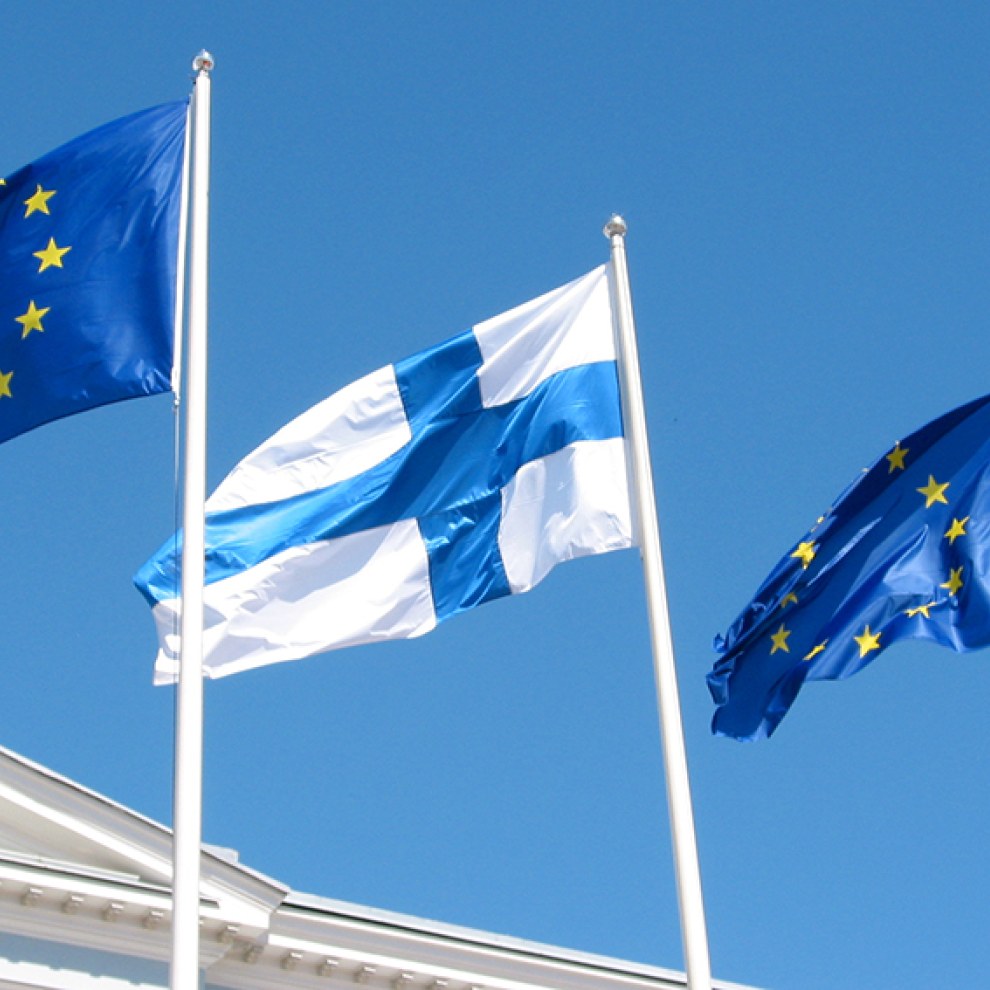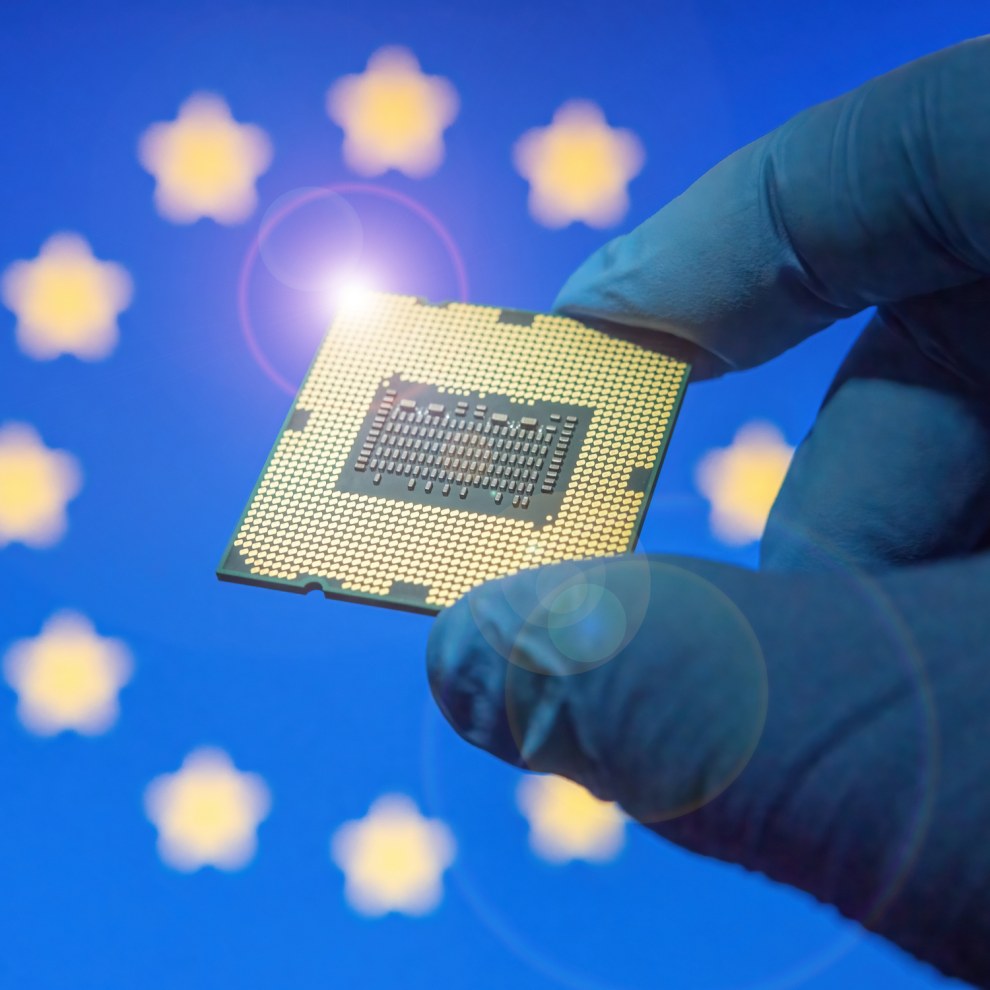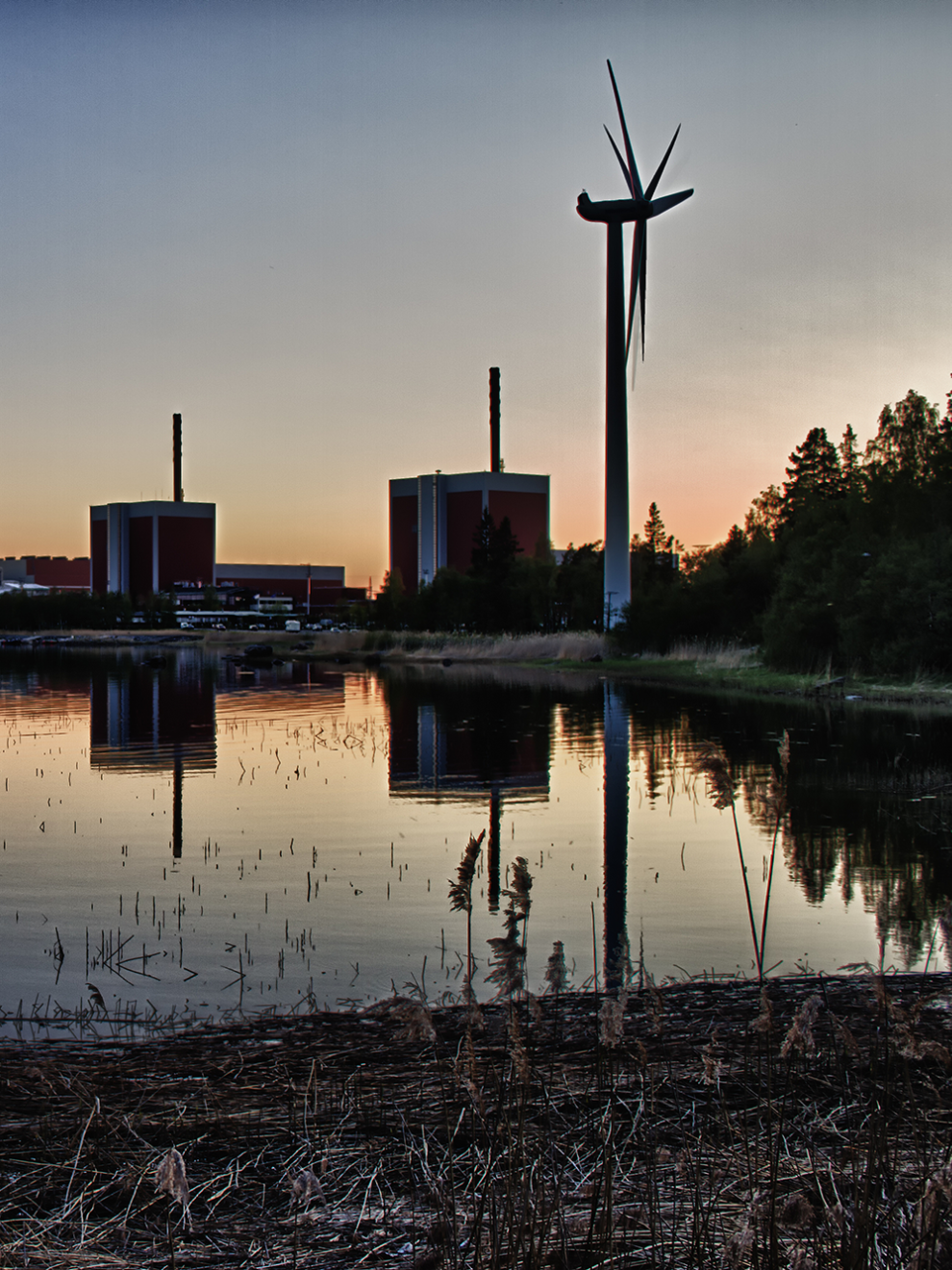
Get to know candidates for the Elections for the European Parliament who are members of TEK! You can filter candidates based on the party.

The European elections take place in Finland on 9 June 2024. The advance voting period is from 29 May to 4 June 2024 in Finland and from 29 May to 1 June 2024 abroad.
If you are a Finnish or an EU citizen, aged 18 or over on the day of the elections, you are entitled to vote.
The number of Members of the European Parliament to be elected in Finland is 15.
You can read more about the elections on the EU elections website via the link below.
TEK's goals for the European elections
The European elections are a technology election. We are all affected by the decisions taken in the EU.
- Can nuclear power be a part of stopping climate change and the loss of nature?
- Will Finnish industry survive in the face of increasing competition for subsidies?
- How will the EU create a common data market?
- What kind of products will the people behind technology design as the circular economy progresses?
We are living in a period of instability in security policy, capable of lasting long into the future. The European Union is a peace project, but Russia's large-scale invasion of Ukraine has shown that Europe's defence capabilities require a new kind of commitment. Support for Ukraine, together with other allies, must continue so that the outcome of the war is sustainable for the future of Ukraine and Europe.
When responding to global challenges, the EU makes Finland a player bigger than its size, making it vital for Finland to influence EU policies. TEK is a community of professionals who make (working) life better and the world more sustainable. We support the European election goals of Akava, and in addition to those, are also working towards the following:
A competitive EU
Innovation capabilities are the main asset of European industry, as well as the key to growth in the green transition and in digitalisation. The EU's financial contribution to competitiveness must be focused on research and development through the Horizon Europe programme and on the mobility of talent through the Marie Curie and Erasmus+ programmes. The EU's competitiveness must be built on a high level of skills, a significant R&D effort, frictionless authorisation processes, and a predictable and stable environment. Education policy must remain the responsibility of all EU countries.
EU regulation must promote market access and business growth. The competitiveness of European industry must be supported by making the environment predictable and by reducing over-regulation and duplicated regulatory mechanisms. For example, the Energy Efficiency Directive is an unnecessary duplication of regulation, as the Emissions Trading System is more effective in achieving the same objective. The EU must be determined to reduce the harmful cross-effects of regulation.
In times of geopolitical uncertainty, the EU must invest in resilience, and must pursue strategic autonomy. In specific cases, this may also lead to subsidies for European industrial production in situations where international competition is distorted by subsidy policies of third countries. Any industrial subsidies must be implemented through a new EU instrument, with competition for the best applicants. The current, loosely industry-supportive policy initiated during the COVID-19 pandemic by member countries must be ended, due to its distortion of the EU internal market.
Europe must build and maintain sufficient technological capability and expertise in security solutions, with a credible defence requiring investment in a range of capabilities, including cyber expertise. Investment in the development of security solutions must not be excluded from other research funding.
In an era of multiple crises, the EU must invest more in supply-chain security, self-sufficiency, and defence. These have also important implications in the investment environment in the EU and its member states, as key issues when companies are making decisions on the geographical location of large investments.

Digitalisation
The EU's global role in the digital transformation must be strengthened. We need to invest in quantum technologies, European based chip production, and the development, application and deployment of artificial intelligence. The Chips Act must be ambitiously delivered by directing development and production to where the best talent is.
The EU must develop digital markets. A fair market in the data economy requires a truly European digital market in licensing and copyright, reducing the power of digital monopolies and removing barriers to growth and entry.

Sustainable development
The EU must continue its work as a global leader in climate and environment policy. The EU must set an emissions target for 2040 in line with the European Scientific Advisory Board on Climate Change ESABCCs recommendations. The Emissions Trading System is a highly cost-effective and valued tool that must be extended to agriculture. A technology-neutral market for carbon sequestration must be created to ensure rapid scaling-up of the necessary solutions.
The electricity system of the future will increasingly rely on intermittent renewable generation. However, baseload generation still has value in the future. Nuclear power must be treated equally with other climate and nature-friendly energy solutions, and the EU must promote a common regulatory framework to enable the most coherent possible internal market for small-scale nuclear power plants.
The EU must accelerate action to reverse biodiversity loss, and must revert the emissions trend to instead aim for net zero emissions, i.e. a situation where the overall impact of human activities does not lead to biodiversity loss. The most important tool in this is the sustainable use of natural resources. To promote this, the EU needs to strengthen product and producer responsibility policies in the circular economy. As the circular economy requires new skills and new types of innovation, the EU needs to invest heavily in research into it, focusing on critical areas such as technology.
